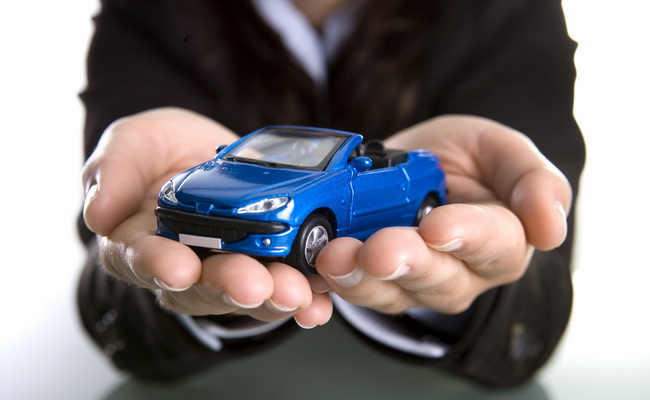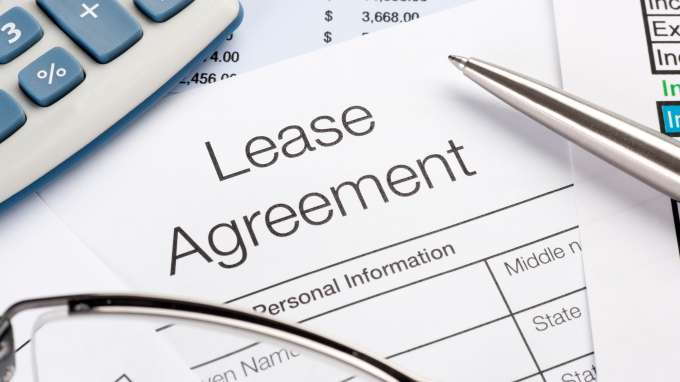Buying a vehicle is the second largest purchase most of us will make. And it is usually the most nerve wrecking and many times regrettable one. Did I get the best price? The best financing? The best car? I've always believed the best anything is relative. Once you make any purchase, the only question I ask myself is, did I buy what I wanted at the price I wanted? That's all. Understandably, many people second guess their every move. I don't feel there is a fool proof method to assure the best deal, but there are steps you can take to put you in better position.
The first and many times overlooked by the consumer is finding the vehicle you want. Many times we are so scared of making the wrong decision that we compare multiple vehicles, trim levels, etc. that first we lose sight of what we really wanted and, more importantly, base everything on price not needs, wants and quality. If you're going to spend thousands on any purchase, you might as well above all make sure you're buying exactly what you want.

- Research vehicles online to find which ones fit the price/payment range you hope to be in. Go to the manufacturer's website when researching new. They will advertise all available incentives. Many dealers do not. When researching pre-owned, look for price as well as miles, year, and trim level. If a vehicle of the same year is thousands less than the rest, there is a reason for it. Usually higher mileage or equipment. Narrow your list to however many you really want.
- Next, call the dealers and set up a test drive on that vehicle. I recommend setting an appointment because this early in the buying process you don't want to spend too much time just waiting or being shown something you're not interested in.
- On the test drive and while at the dealership, ask everything and anything you can about the vehicle. Take a good, long test drive. Leave no question whether this car is for you. If you don't like the vehicle, don't bother moving forward no matter what deal they offer.
- Lastly, ask the price, financing options etc. on the specific vehicle you drove. Ask about any specials and if they match competitor prices. Then leave.
- Do this with all the cars you would like to own, take the information then go home, research a little more on the specific vehicles you loved. If you're comparing the same vehicle at different dealerships, just make sure you are comparing the same trim level, equipment, etc.
Once you have all the information available to you, it's time for the hardest part of the process. Choosing the vehicle for you. Many times you may need to go on second and third test drives. Also, don't take too long as incentives may expire and the vehicle may sell. But once you decide, finish your research and it's time to go in and negotiate.
You might also like:
How to get the most for your trade in
Should you Buy the Service Contract?
To Lease or Buy a Vehicle, which is Best?














